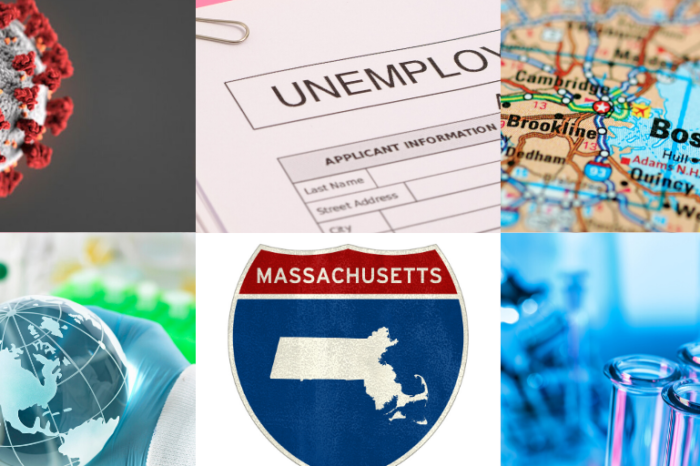New Policy Brief on Federal Relief Act’s Impact on Massachusetts
/0 Comments/in COVID Economy, Economic Opportunity, Featured, rCOVID /by Editorial StaffIn a new policy brief, Greg Sullivan and Charlie Chieppo review the impact of the Coronavirus Aid, Relief, and Economic Security Act on Massachusetts’ budget. The fund will be allocated proportionally by population, and Massachusetts is expected to receive approximately $2.67 billion. As the authors note, that won’t put much of a dent in Massachusetts expected state budget shortfall.
They also point out that Massachusetts’ unemployment insurance fund is particularly susceptible to a sudden economic recession because the Commonwealth provides the highest maximum weekly benefits in the nation, the longest benefit period in the nation, and the nation’s highest percentage of unemployed workers covered. Read the policy brief here.
Get Our COVID-19 News, Tips & Resources!
Related Content:

AZ Supreme Court Justice Clint Bolick on National School Choice Week

Intrepid Restauranteurs Endure: Passion for Community, Patrons, and Staff Mean Failure is Not on the Menu
Study: Massachusetts Should Embrace Direct Healthcare Options

Pulitzer Winner Taylor Branch on MLK, Civil Rights History, & Race in America

California Tax Experiment: Policy Makers Receive Valuable Economics Lesson

New Study Finds Tax Policy Drives Connecticut’s Ongoing Fiscal & Economic Crisis

Eva Moskowitz of Success Academy on Charter Schools, Achievement Gaps, & COVID-19 Learning Loss

Unemployment Insurance Rescue: Employer Advocate Seeks Relief to Catalyze Pandemic Recovery

USED Asst. Sec. Jim Blew Talks Sec. DeVos, School Choice, & K-12 Politics

Oxford & UCLA Pulitzer Winner Prof. Daniel Walker Howe on Horace Mann, Common Schools, & Educating for Democracy



